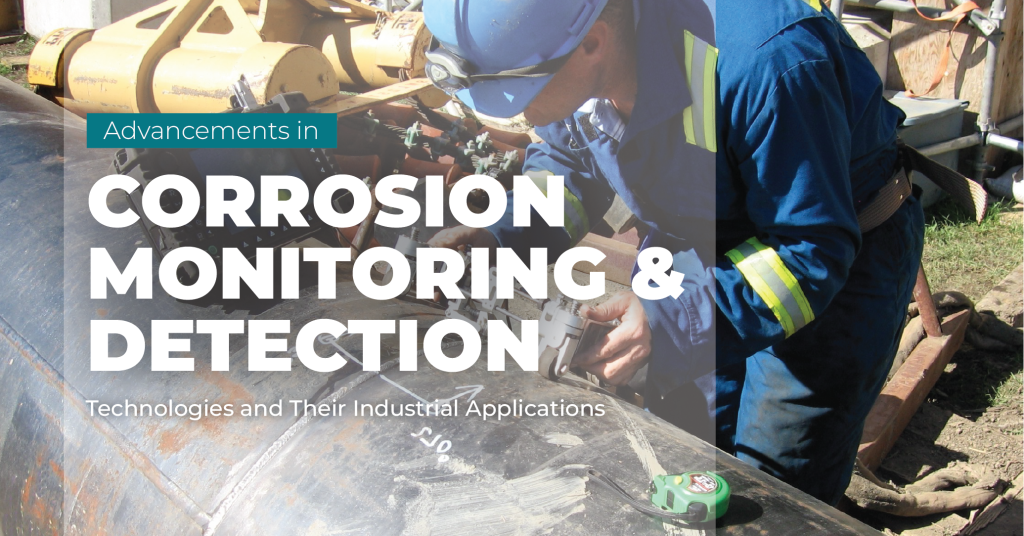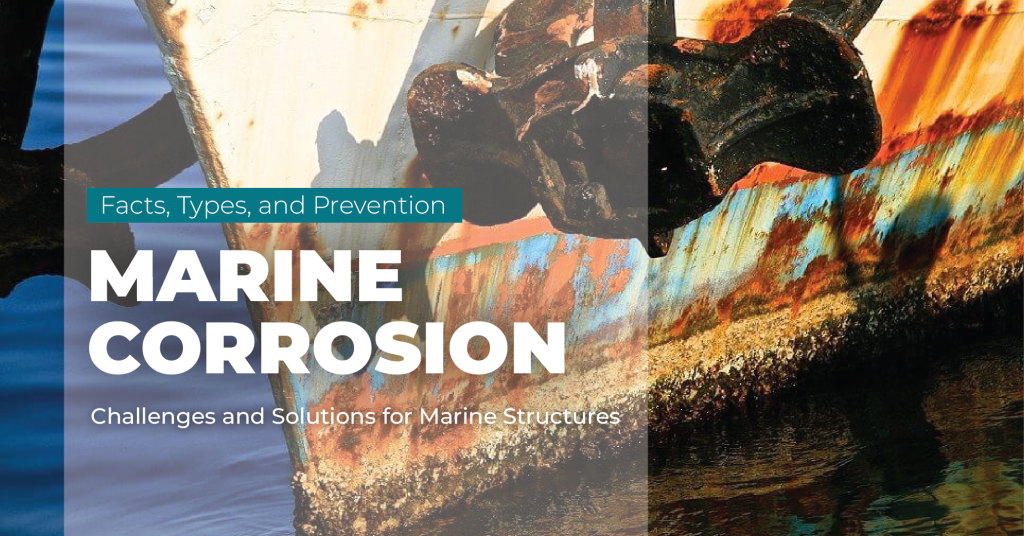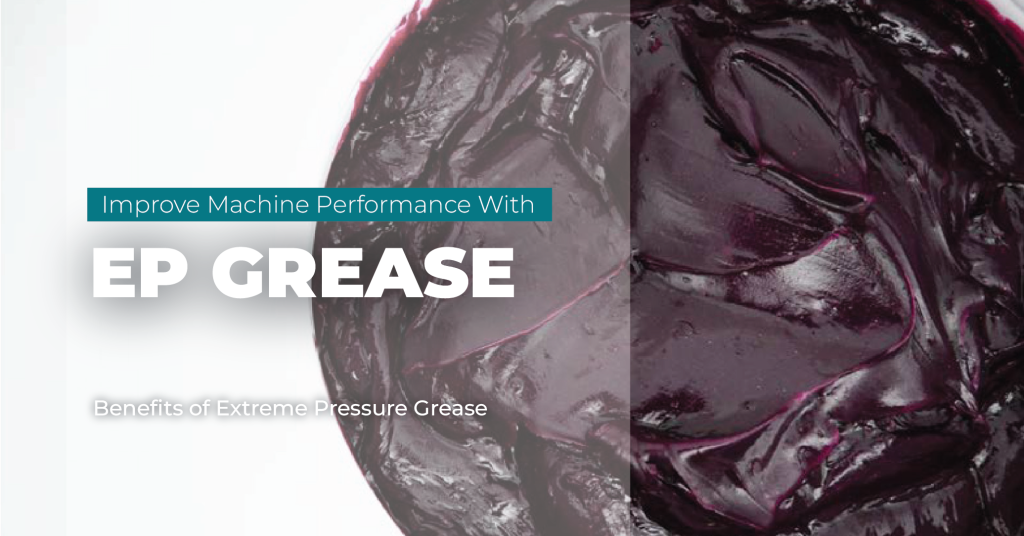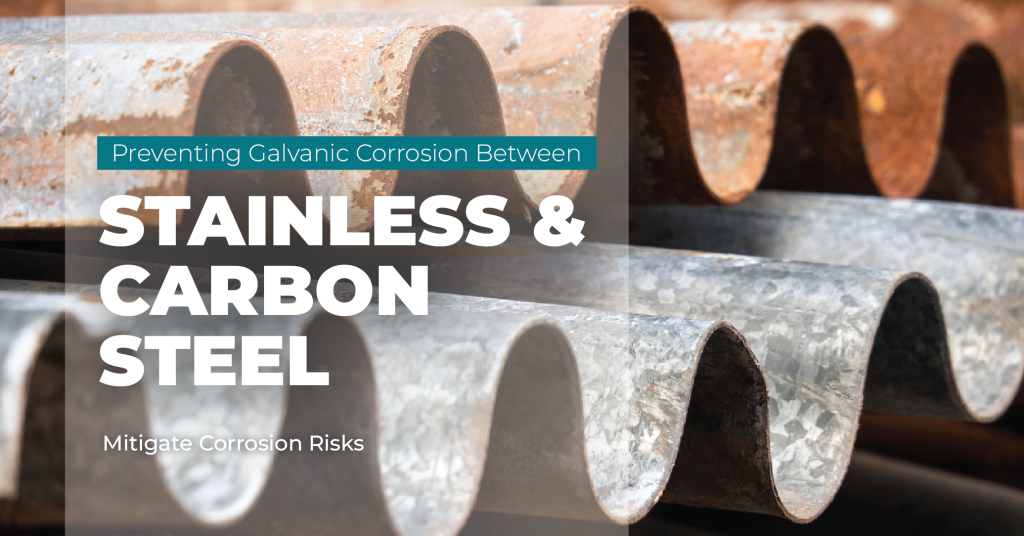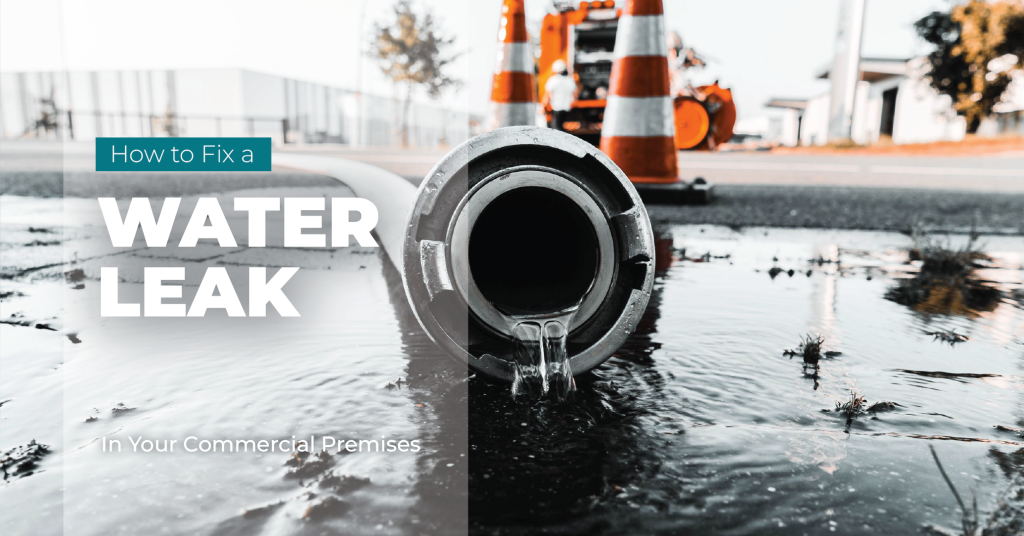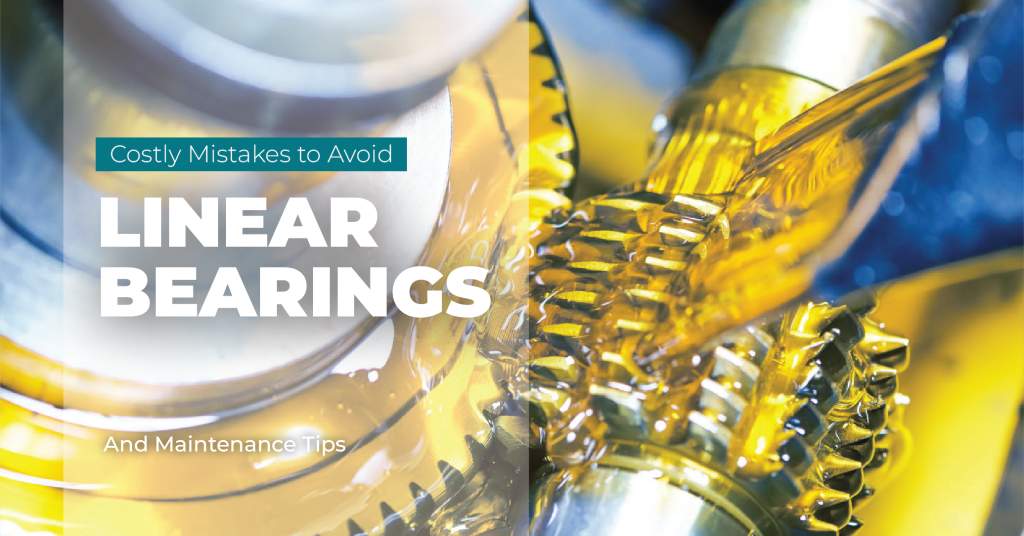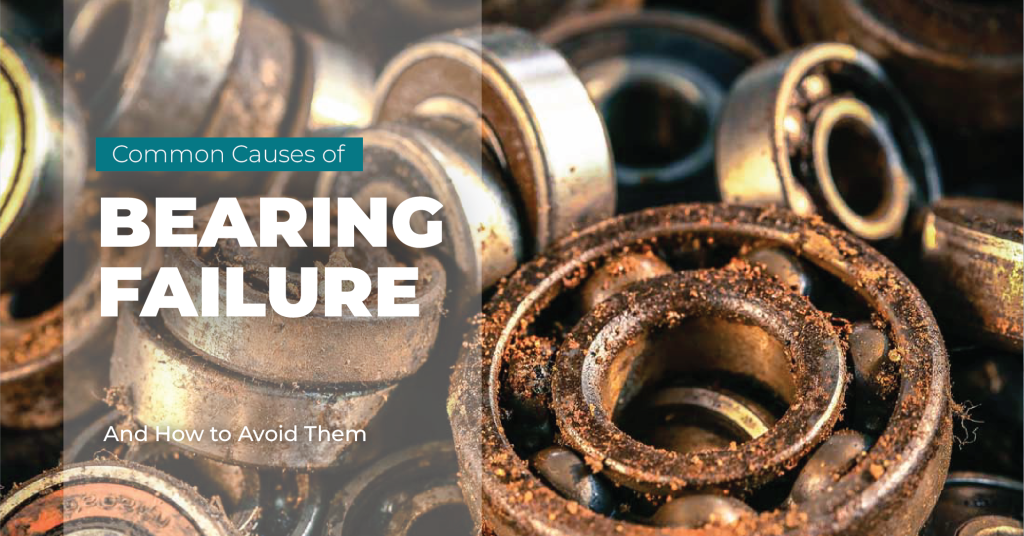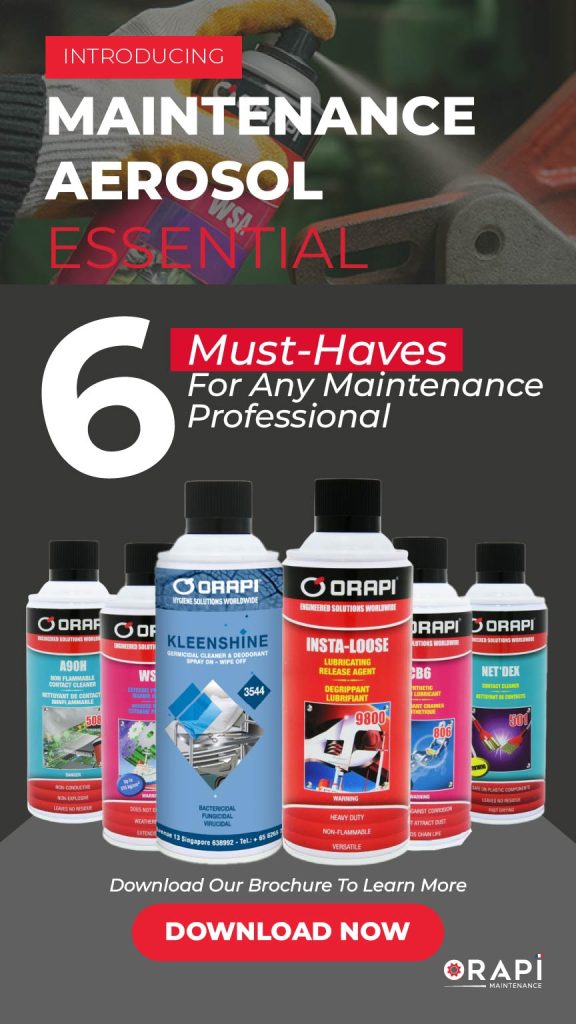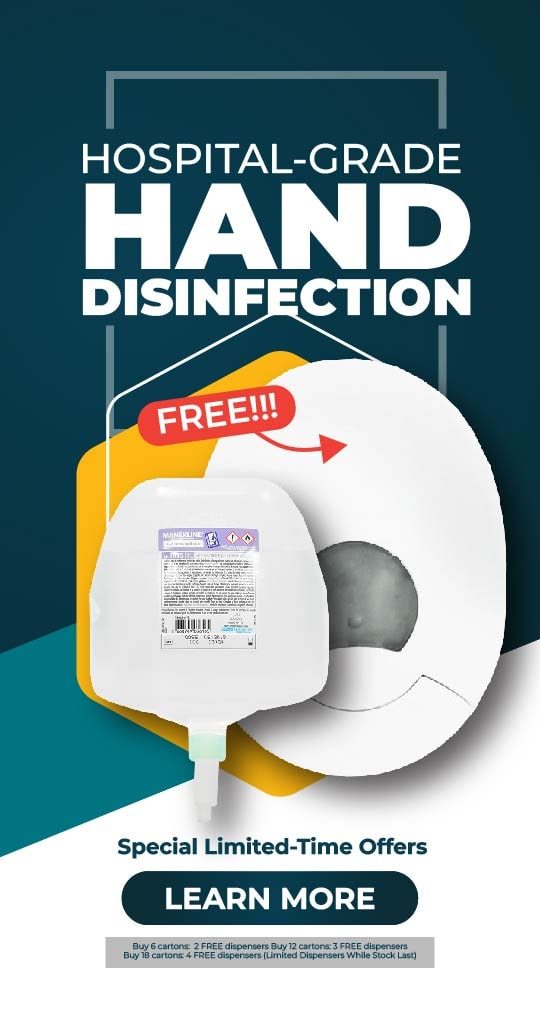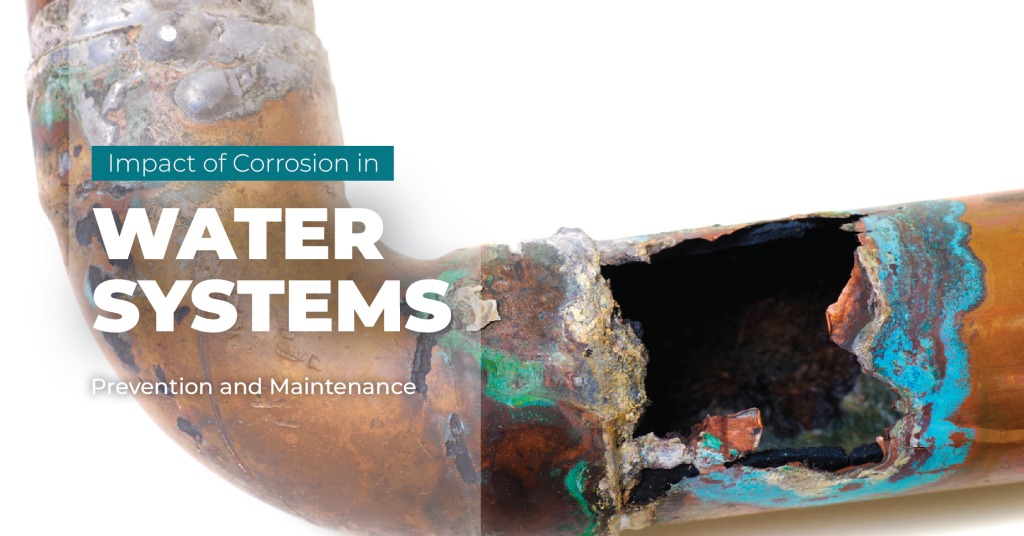
Impact of Corrosion in Water Systems: Prevention and Maintenance
This article discusses the different types of corrosion that occur in water systems, their causes, and their impacts on system components such as pipes and equipment. We highlight the financial and operational consequences of corrosion, which include increased maintenance costs and system inefficiencies. We cover different types of corrosion, including under-deposit corrosion, microbiologically influenced corrosion (MIC), and erosion corrosion. Lastly, we provide preventive measures to control corrosion.

